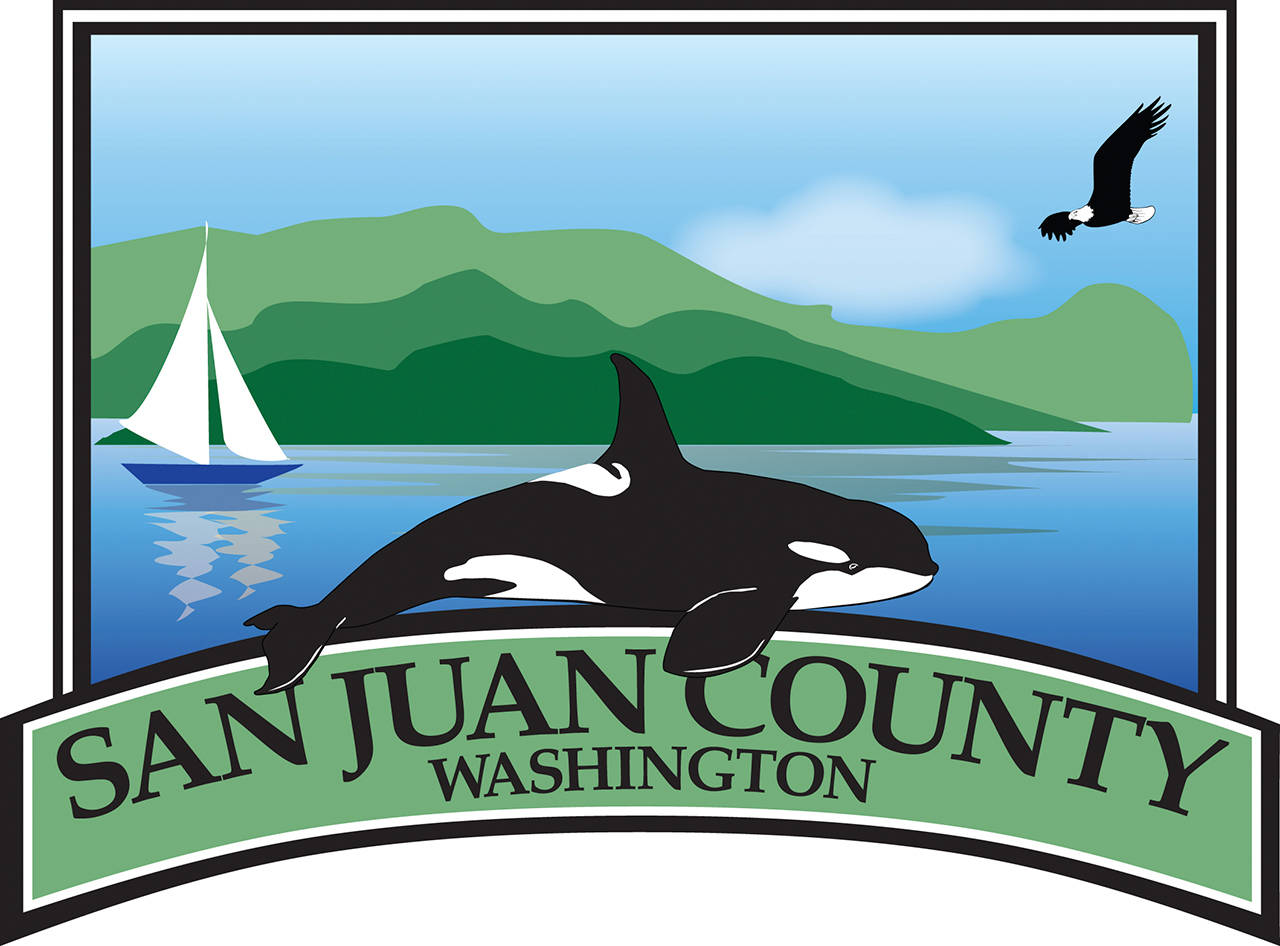Staff report
A local case on land use law was settled in Washington Supreme Court on Thursday, Oct. 11. The lawsuit involved permits fees for Community Treasures, which is a thrift store and recycling center on San Juan Island.
According to court documents, those affiliated with Community Treasures waited almost three years after submitting county land use and building permit applications to file a lawsuit stating the permit fees were excessive. The Washington State Supreme Court ruled that challenges to land use permit fees must be done within the state’s mandated time to review such permits.
Court documents state that the petitioners didn’t use all of the “administrative remedies” available to them before filing a lawsuit. This included appealing the fees in superior court within 21 days of receiving the permits.
“The 21-day limit for challenging building and land use permit fees is well-known state law,” said Prosecutor Randall Gaylord, who represented the county. “The question for the court was whether the permit fee is part of the building permit.”
According to the county’s prosecutor’s office, Community Treasures, whose permit fees were paid by Frank Penwell and John Evans, sued the county for themselves and requested a class action for all others who paid fees for three years prior to the suit. Applicants stated they were overcharged almost a million dollars, and requested a refund for themselves and others, plus attorney fees.
Services like retail and outdoor storage are not permitted under the nonprofit’s current land-use designation, so conditional use permits are bought to make those services conforming.
Friday Harbor attorneys Nicholas Power and Stephen Brandli represented Community Treasures and Evans.
“While I am naturally disappointed in a 5-4 decision, I am glad that this important question has been resolved and the county has instituted new measures to come into compliance with state law,” said Power.
According to the county prosecuting attorney’s office, since the case was filed, staff performed a building permit fees study and made slight modifications. Gaylord added that this case was significant because the county’s insurance contract does not cover fee refunds, and the case was a potential liability. The case was previously dismissed in San Juan County Superior Court. That decision was affirmed by the Court of Appeals, and now the Supreme Court.
Gaylord and Power are running for prosecuting attorney in November’s election and Brandli is running for district court judge.



